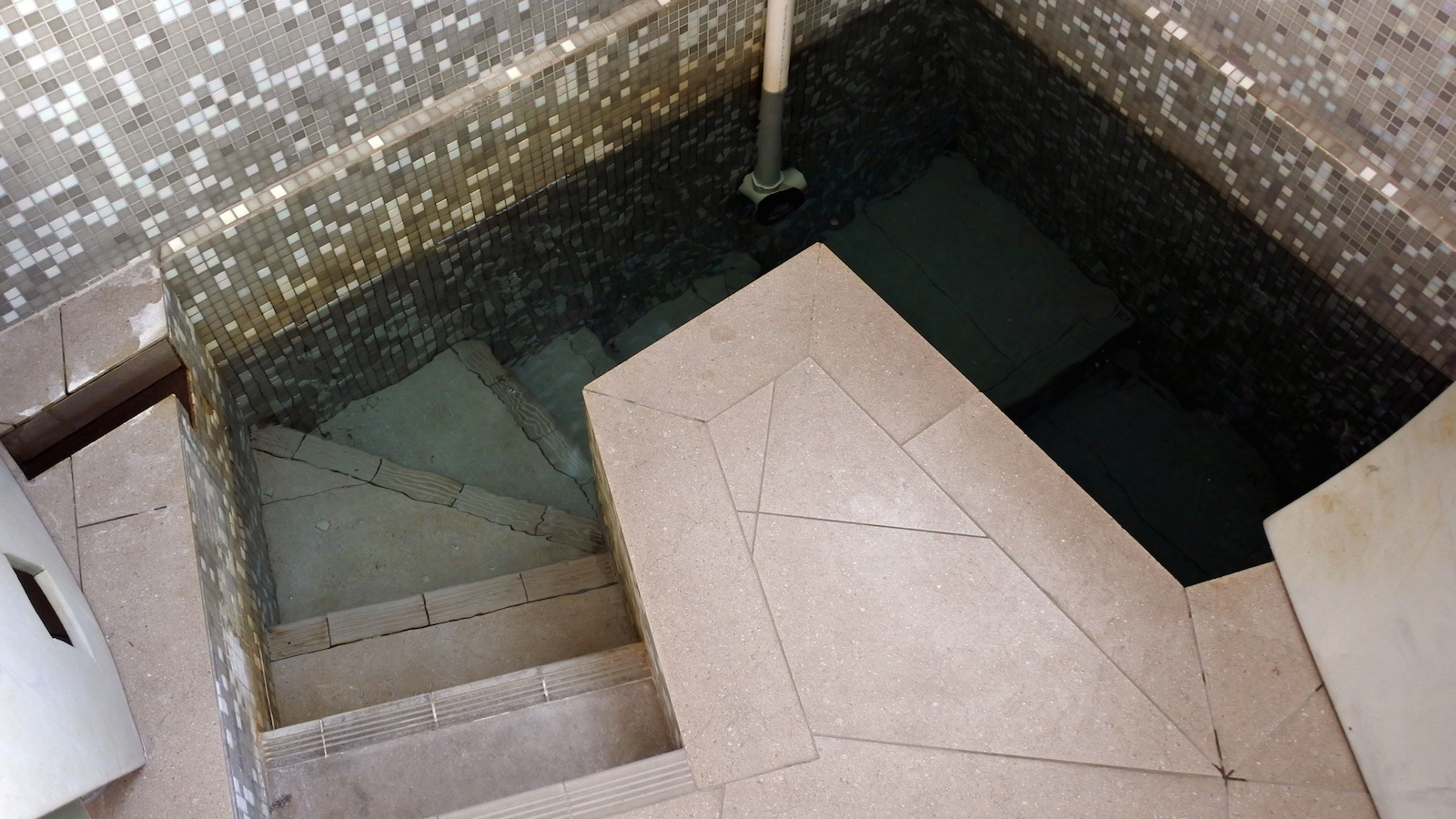Commentary on Parashat Beha'alotcha, Numbers 8:1-12:16
In Parashat Beha’alotcha, God tells Moses to instruct the Israelites to offer the Passover sacrifice on the 14th day of the month. But there was an exception made for those who were ritually impure on that day due to contact with a dead body. Numbers 9:10-11 reads:
Speak to the Israelite people, saying: When any party — whether you or your posterity — who is defiled by a corpse or is on a long journey would offer a passover sacrifice to God, they shall offer it in the second month, on the fourteenth day of the month, at twilight.
In Jewish practice, proximity to the dead changes one’s status. The delay of one month in fulfilling the obligation to bring the Passover sacrifice allowed the Israelites the time needed to recover from the impact of contact with a corpse. Those Israelites were still obligated to bring the Passover sacrifice, but they did so a month later. Though we no longer offer sacrifices anymore, this idea lives on in Pesach Sheni (literally “Second Passover”), which some Jewish communities continue to mark on the 14th day of Iyyar — exactly one month after Passover.
About this curious postponement, the biblical commentator Ibn Ezra observed that in a community as large as that of the Isralites, it was impossible that someone wasn’t dying in the camp each day. Death was a normal part of their experience. It was simply the case that in a large community, someone was always dying. As a result, on any given day, someone in the community would find themselves unable to fulfill their obligations because of their recent proximity to the dead.
With your help, My Jewish Learning can provide endless opportunities for learning, connection and discovery.
Our obligations do not go away in the wake of death, but Jewish wisdom recognizes the impact of proximity to the dead as warranting a break from routine and a lowering of expectations. This continues to be our practice today. During shiva, the first week following the burial of a close relative — parent, sibling, child, spouse — mourners are exempt from their usual responsibilities. Traditionally, mourners sit at home during that first week, receiving visits from friends and neighbors meant to support the mourner during their acute grief. It is customary to refrain from leaving the house to go to work during shiva, and some have the custom of hosting prayer services in their home so they can say Kaddish without having to leave home to attend services.
This doesn’t mean obligations go away, but rather, Jewish wisdom recognizes the need for time and space to attend to the consequences of having been in close proximity to the dead. According to the instruction for the delayed sacrifice in this week’s Torah reading, following that time of exemption from fulfilling specific obligations, one must return to them, on schedule, exactly one month later. In our contemporary practice, this period is known as sheloshim, the 30-day period following the burial of a close relative. At the conclusion of sheloshim, one completes the responsibility for saying Kaddish for a sibling, spouse or child. (Kaddish continues for the first year following the death of a parent.)
Our lives, with all their attendant obligations, are still there as we transition from the acute stage of grief back to being fully present to our responsibilities. But in recognizing the need to postpone certain obligations as a result of having been in close proximity to the dead, Jewish wisdom offers us a reminder of the ways in which we need to give ourselves space and permission to honor the enormity of death.
This article initially appeared in My Jewish Learning’s Reading Torah Through Grief newsletter on June 9th, 2023. To sign up to receive this newsletter each week in your inbox, click here.
Looking for a way to say Mourner’s Kaddish in a minyan? My Jewish Learning’s daily online minyan gives mourners and others an opportunity to say Kaddish in community and learn from leading rabbis.



